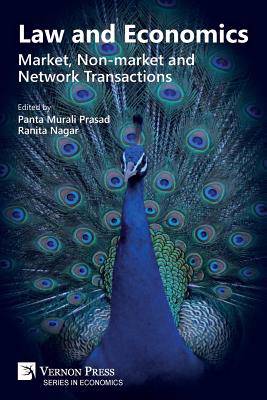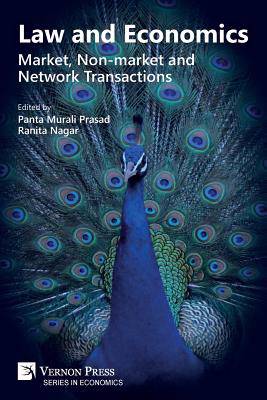
- Afhalen na 1 uur in een winkel met voorraad
- Gratis thuislevering in België vanaf € 30
- Ruim aanbod met 7 miljoen producten
- Afhalen na 1 uur in een winkel met voorraad
- Gratis thuislevering in België vanaf € 30
- Ruim aanbod met 7 miljoen producten
Omschrijving
It is well known that sustainable development practices, technological innovation and good governance play a major role in the accumulation of wealth in a knowledge economy. Hence, the state promotes competition, provides incentives to conserve resources and creates opportunities for citizens to push for innovation and invention. As a result, the formulation of efficient legal rules is essential for protecting intellectual property rights, fully specified contracts and effective ex-ante and ex-post systems. However, can efficient legal rules improve societal well-being by changing the behaviour of individuals and basic social structures and trends? And if so, how can these legal rules be formulated?
In their Second International Conference on Law and Economics, the Indian Institute of Technology Kanpur aimed to address the formulation and implementation of efficient legal rules while at the same time working towards a greater dissemination of law and economics-based research. This book is the final outcome of this conference that saw over thirty presentations take place. The twelve carefully selected contributions to this volume cover a broad range of topics within law and economics from engaging with decisions makers to create a process for the routine collection of empirical evidence to perceived gender discrimination and stress among working professionals. This book is not only an important contribution to law and economics scholarship but will also be of great interest to both universities and research institutions working within the field.
Specificaties
Betrokkenen
- Uitgeverij:
Inhoud
- Aantal bladzijden:
- 234
- Taal:
- Engels
- Reeks:
Eigenschappen
- Productcode (EAN):
- 9781622736706
- Verschijningsdatum:
- 29/03/2019
- Uitvoering:
- Paperback
- Formaat:
- Trade paperback (VS)
- Afmetingen:
- 152 mm x 229 mm
- Gewicht:
- 317 g

Alleen bij Standaard Boekhandel
Beoordelingen
We publiceren alleen reviews die voldoen aan de voorwaarden voor reviews. Bekijk onze voorwaarden voor reviews.










